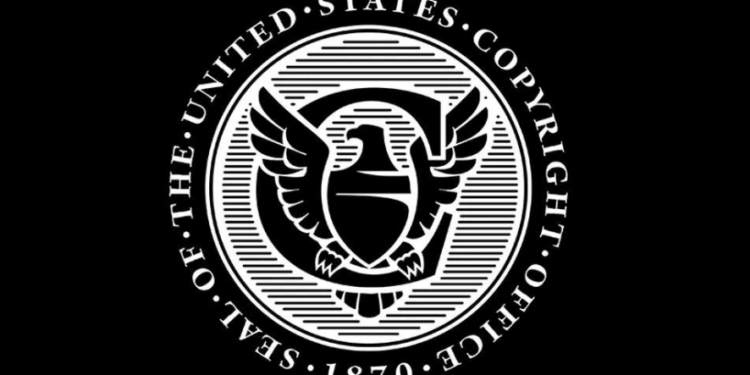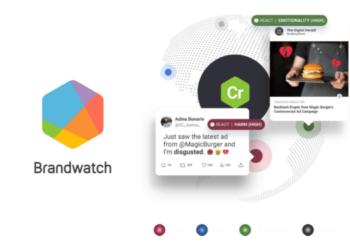The US Copyright Office has instigated a public discussion on the intersection between Artificial Intelligence (AI) and copyright, initiating the conversation on August 30th.
Based on an announcement in the Federal Register, the body is zeroing in on three pivotal concerns: the appropriateness of AI models using copyrighted content for training, the possibility of copyrighting AI-created content devoid of human contribution and understanding copyright liability in an AI-driven landscape.
Additionally, the office is inviting discussions on AI’s potential infringements on publicity rights, emphasizing the distinction between these and copyright. Any AI imitation of voices, art forms, or resemblances could collide with state-governed publicity and unjust competition laws.
Stakeholders have until October 18th to provide their written opinions, followed by a deadline of November 15th for any subsequent responses.
AI’s copyright implications, encompassing both its training data and the subsequent generative outputs, have sparked debates among a broad spectrum of groups, ranging from policymakers to civil rights advocates. This intense scrutiny signifies the forthcoming landscape of AI regulations. The Copyright Office notes a rise in applications over recent years aiming to register AI-derived content, suggesting these discussions might shape the course of copyright approvals moving ahead.
Highlighting the Copyright Office’s previous engagements with AI-related copyright issues, last year saw Stephen Thaler denied copyright for an AI-generated image. Echoing this stance, a Washington, DC court recently supported the Copyright Office’s viewpoint that copyright has historically necessitated human involvement.
Navigating the intricate tapestry of AI and copyright is more than just a legal challenge. It’s about recognizing AI’s transformative influence on creativity and ensuring that, while innovation thrives, original human creativity remains safeguarded. As AI’s capabilities grow, it’s paramount that regulations evolve hand in hand, ensuring clarity and fairness in the rapidly changing digital world.




















































